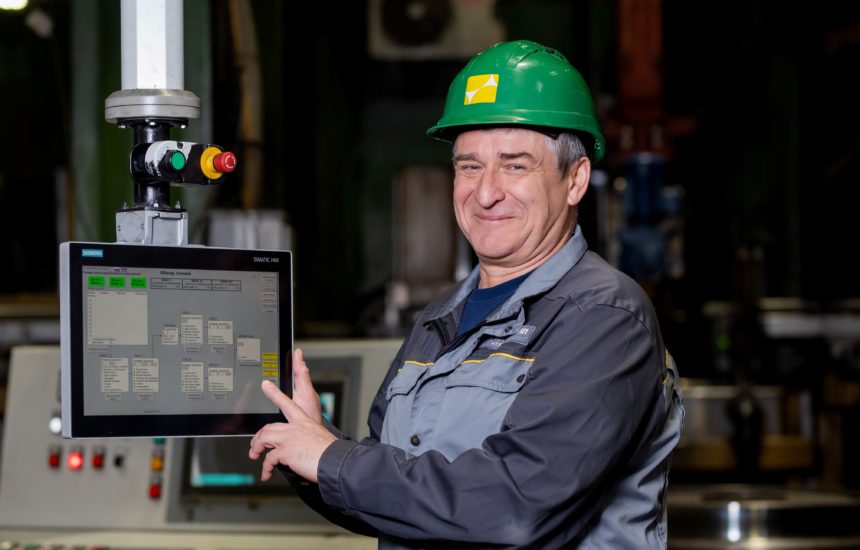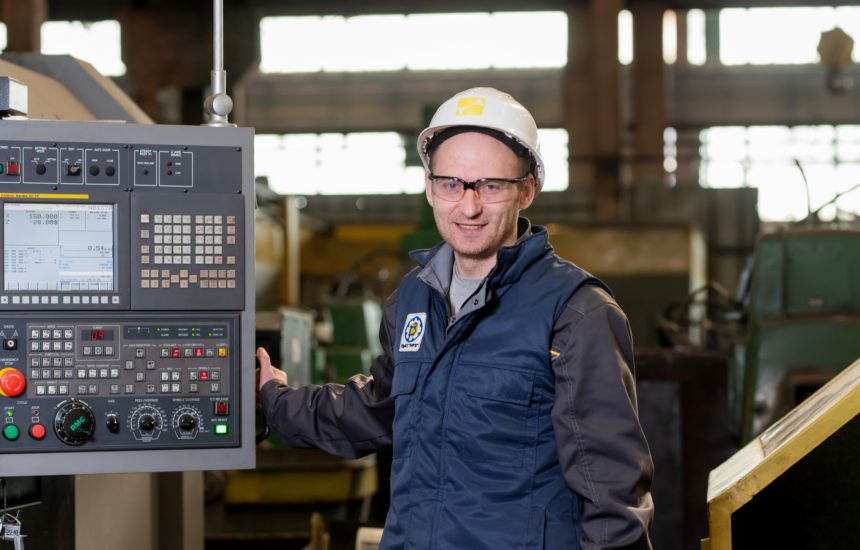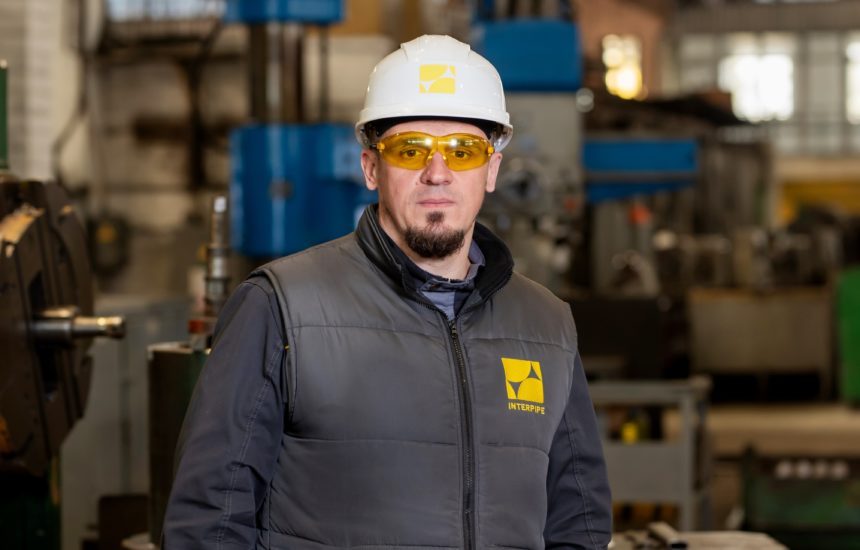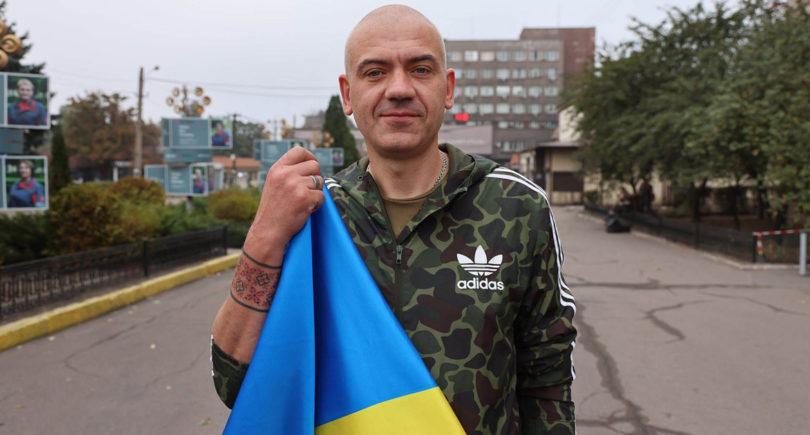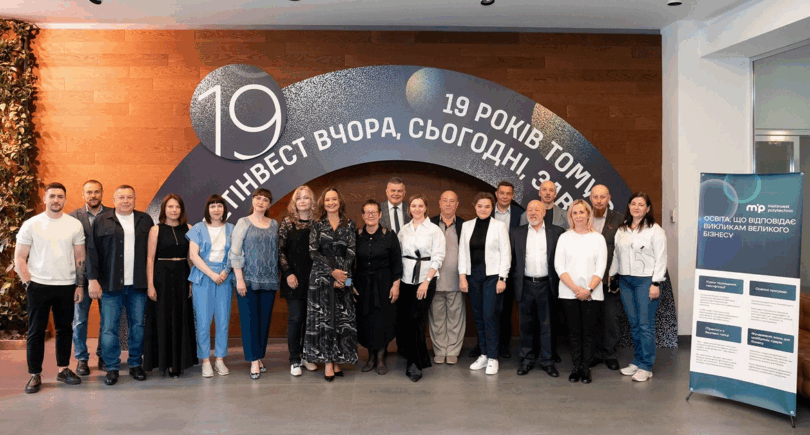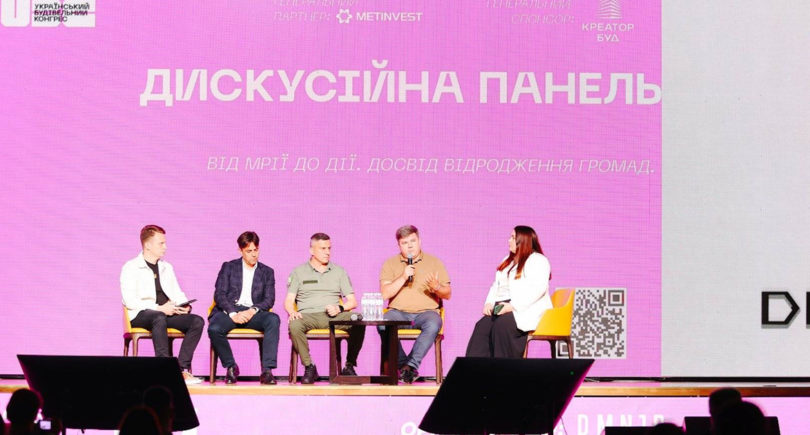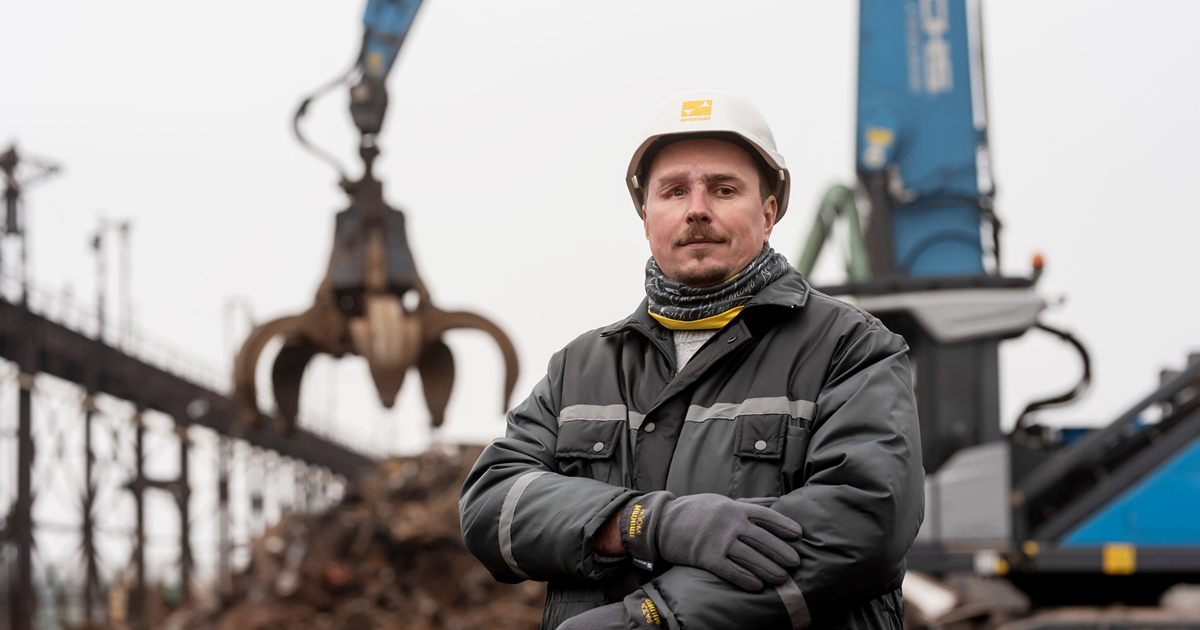
Veterans return to work after being wounded, change their specialty and learn new professions
After the start of the full-scale invasion, more than 1,500 employees of the industrial company Interpipe joined the ranks of the Ukrainian armed forces. Some of them were injured and disabled, but later returned to civilian life and work. The company has created its own model of veterans’ reintegration, which includes medical, psychological, legal and professional support. This is described in the Forbes article.
“We are trying to find an employment option for every defender, without exception. We offer alternative jobs, take into account health restrictions and try to create a vacancy at the intersection of the demobilized employee’s experience, skills and production needs,” says Lyudmyla Novak, Communications Director at Interpipe.
Oleksandr Yarnutovskyi, who lost his eye at the front, returned to his previous job as a shift supervisor after demobilization. His example is illustrative, but not the only one. Not all veterans can physically return to their pre-war positions. That is why Interpipe is looking for individual solutions, taking into account the health status, skills and desires of the employee.
Igor Kravchenko, a veteran with heart problems, received a second disability group and could no longer work a shift schedule. The company created a new job for him with a daytime schedule: he became a mentor for young flaw detectors, works with documentation and participates in production modernization.
Anatoliy Verbetskiy, who had been a turner for 20 years, was unable to return to the machine after a serious injury and surgeries. He was offered retraining to become a process engineer, creating technical processes for machine operators.
“This is a different job, but it is interesting to me. Here, my knowledge is not lost, but even grows,” Anatoliy says.
At the same time, the company realizes that manual adaptation of jobs cannot be the only solution in the long run. That’s why Interpipe is creating a catalog of adapted vacancies. Among them are operators of computer numerically controlled machines. This profession allows you to work sitting down, in a relatively quiet environment and on a flexible schedule. Already this year, two amputee veterans have started training.
“We are extremely grateful to our defenders and want each of them to be able to realize themselves after the war,” added Lyudmyla Novak.
The company is confident that decent work is one of the key conditions for veterans to return to full civilian life.
Interpipe has employed more than 165 veterans, constantly improving its support for the military and adapting it to their real needs. Recently, the company was recognized as a veteran-friendly business by the #TitansUA project.

